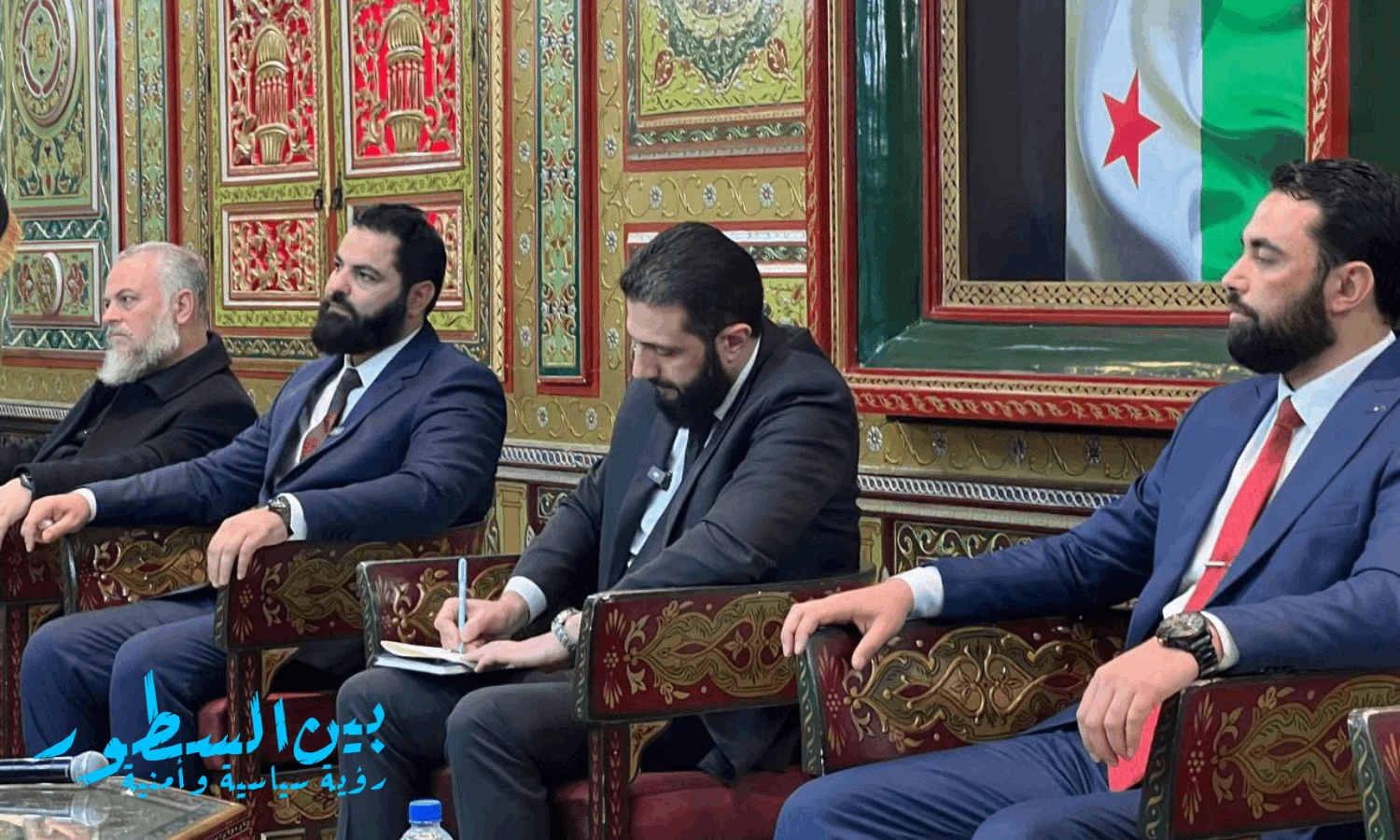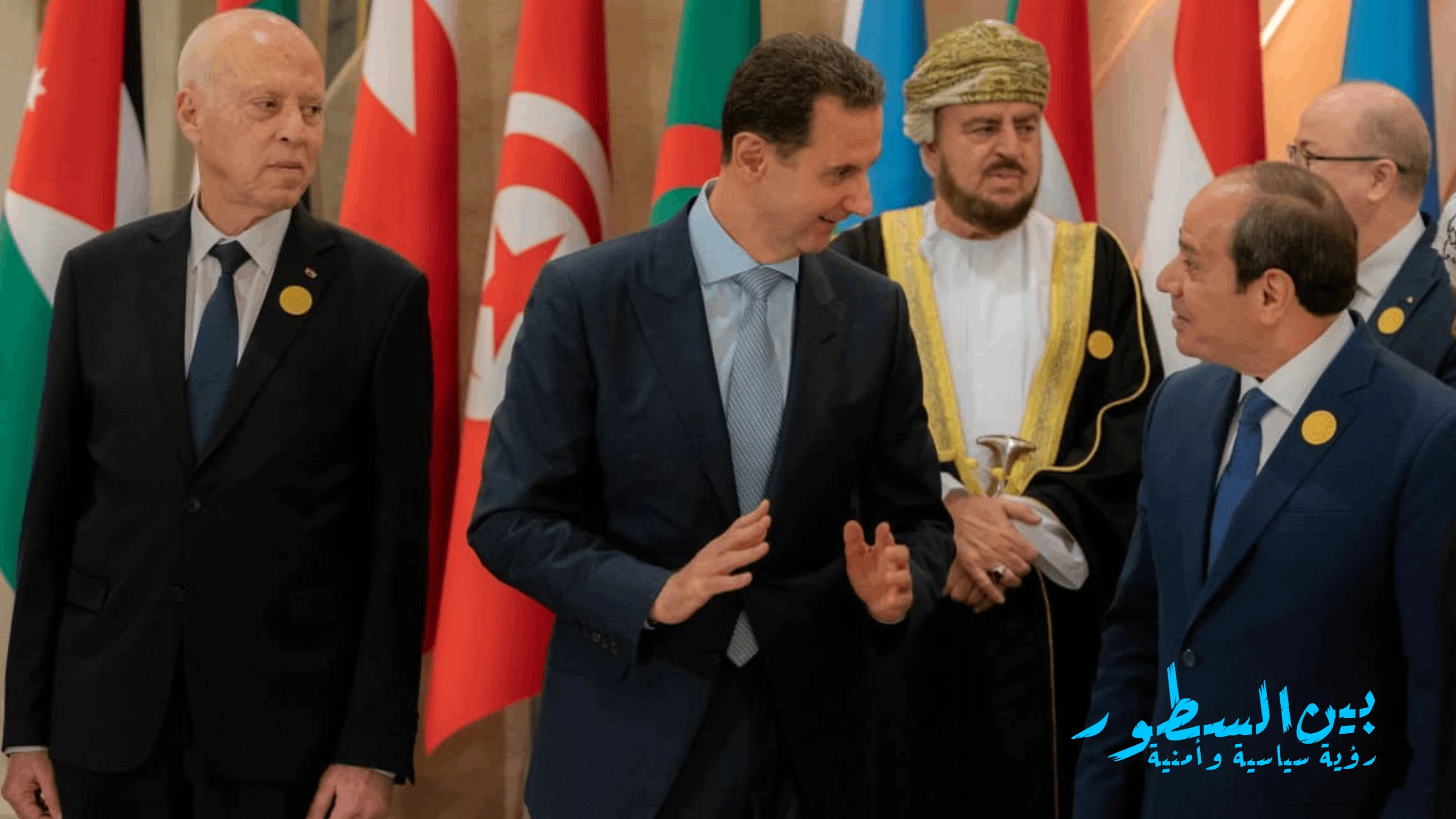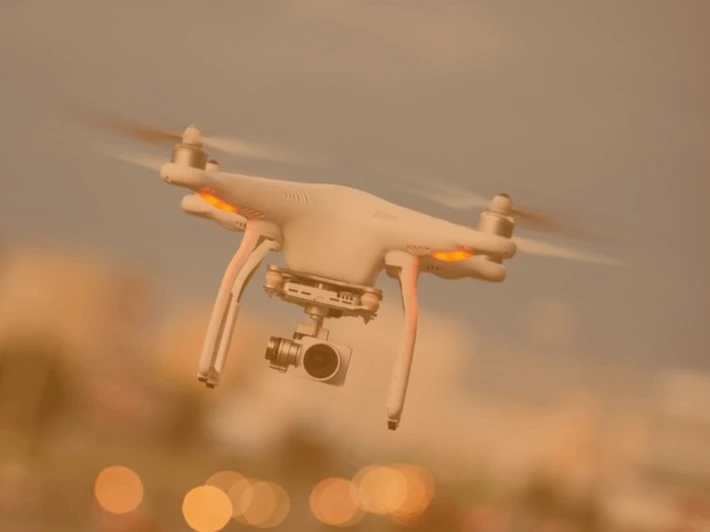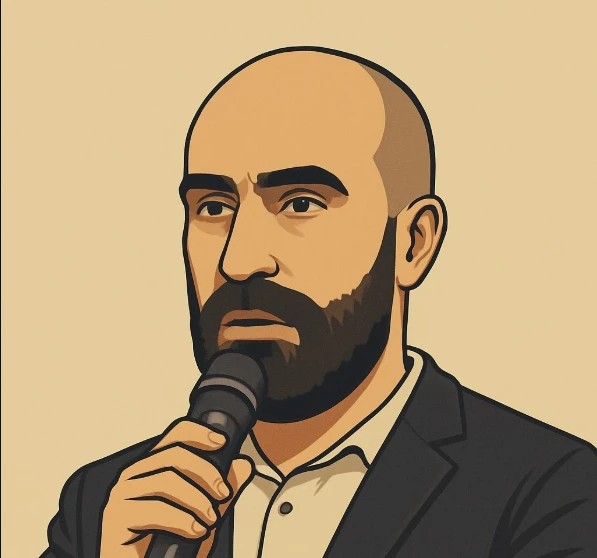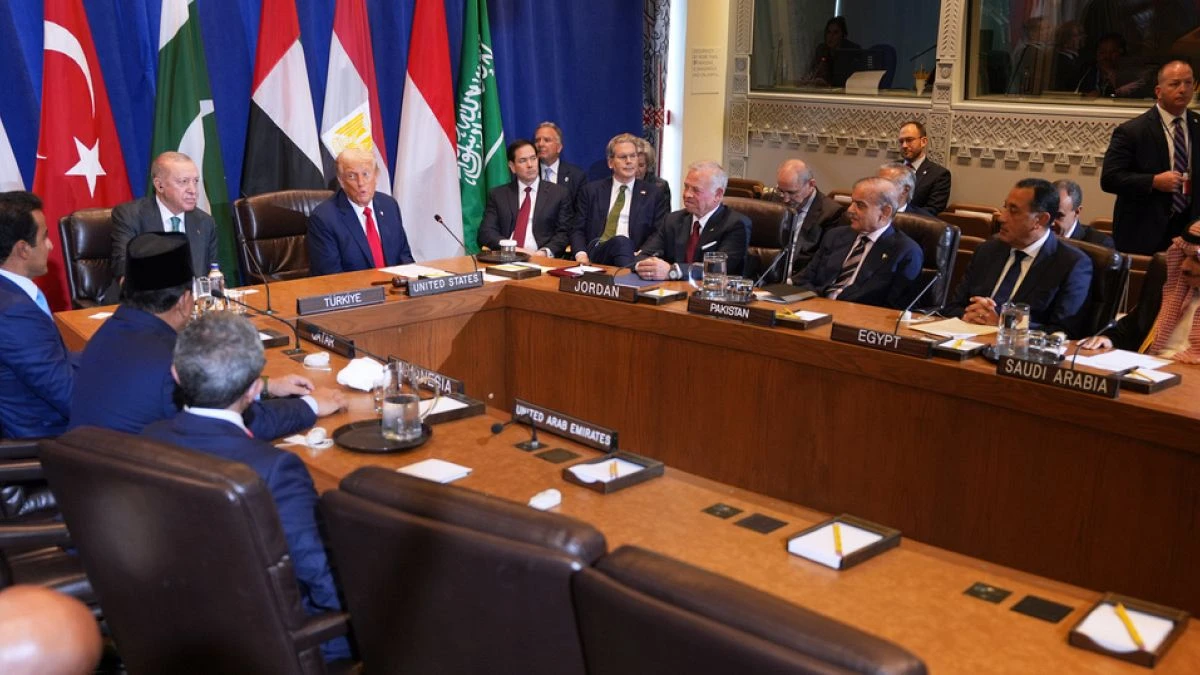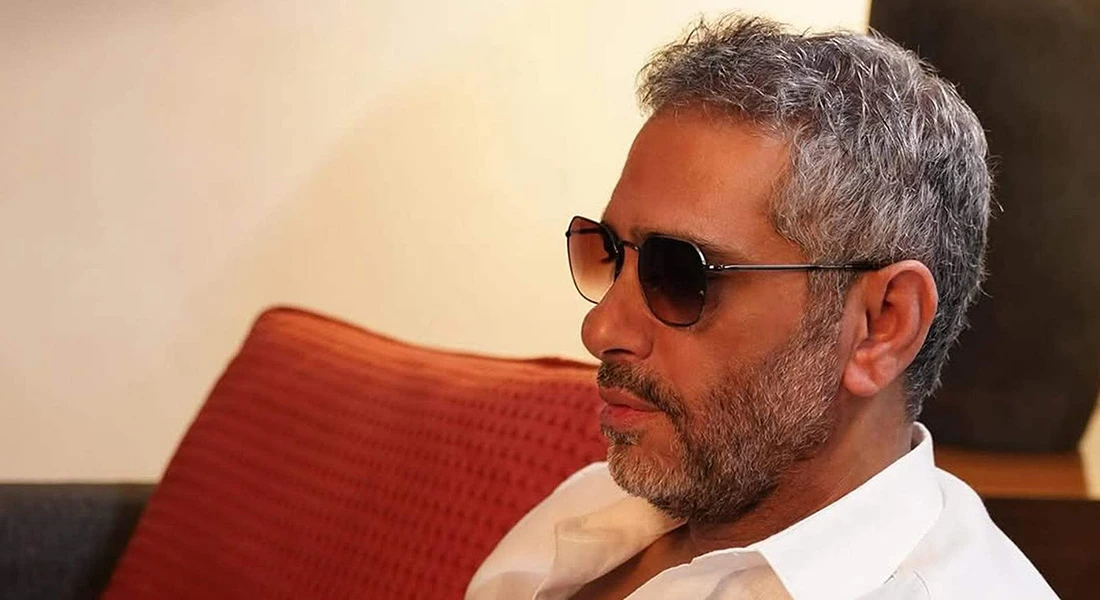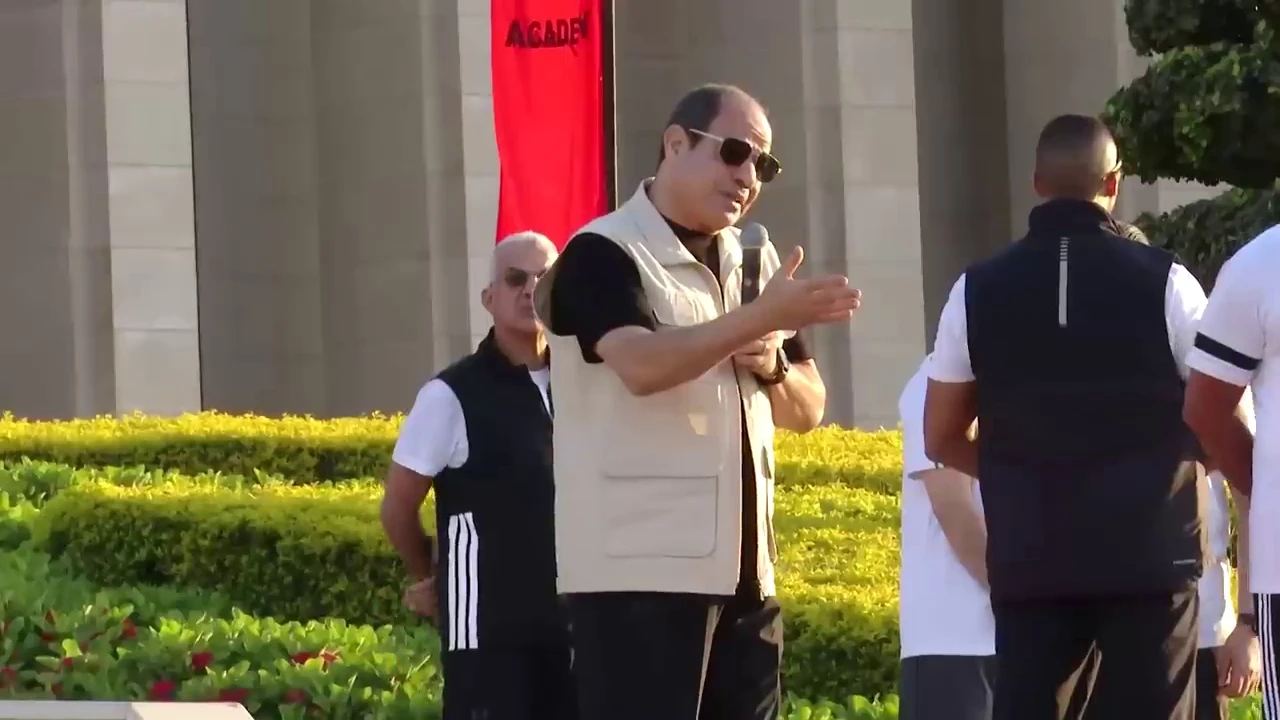Civil Peace in Syria: Reconciliation or Reinforcement of the Assad Regime?
This is an AI-generated English translation. The original text is in Arabic.
Ahmed al-Shara' Between the Hammer of International Recognition and the Anvil of Sunni Anger!
The Syrian street is witnessing a state of increasing anger, as the successive releases of officers and elements of Bashar al-Assad's regime without trials, under the pretext of "national reconciliation" and the lack of evidence of involvement in bloodshed, exacerbate tensions. In contrast, videos of those released are surfacing, deepening the shock and turmoil in a country that has yet to recover.
Families of the victims continue to attempt to file legal complaints against those they believe are involved in the killing or disappearance of their children, but the official response through judicial and security channels in Syria always comes back with a legal rejection of those claims.
It is not yet clear what the future holds for events in Syria, but it does not seem that a solution satisfying all parties is on the horizon, no matter how much the new government led by Ahmed al-Shara' tries to reach this stage.
On another note, if the current Syrian transitional administration chooses to establish judicial or revolutionary courts against elements of the former regime (especially since most leaders belong to different sectarian backgrounds, predominantly the Alawite sect), the Syrian government may be viewed as a sectarian government by the international system, which sees a disparity in dealing with the victims. At the same time, a new grievance may emerge for the minority groups, which could push the country back into a state of security turmoil to maintain order, potentially reverting Syria to a model reminiscent of the regimes of Hafez al-Assad and his son Bashar.
Conversely, as is currently the case, where the transitional government is reorganizing the files of elements of the former regime within the framework of a general amnesty, the original party with the real grievance, most of whom are Sunni, is in a state of intense agitation, as their hope in the revolution was embodied in getting rid of Bashar's regime and punishing its elements. This was clearly reflected in the affiliation of many revolutionaries with Islamic organizations during the years of the revolution.
The al-Shara' regime has chosen to work on calming the situation by normalizing relations with the old Bashar regime, relying on the notion that the Sunni sect is loyal to him and will endure, as he can placate them with fatwas and some resonant words and media propaganda that succeed greatly with that sect, as is the case in Egypt, for example, while at the same time, he turns to appeasing elements of the former regime and relying on them internally to maintain security due to their previous experience in that, but the question remains: What has brought the current al-Shara' regime to this point and this type of engagement?
To answer this question, we need to look at several points, as they are the most prominent and important in the Syrian situation, and these points are: the border situation and neighbors poised to pounce on the new regime, the global system and the old characterization of al-Shara' and his group as terrorist groups, and thirdly, which is the most important, the lack of an intelligence apparatus for Ahmed al-Shara'.
The Border Situation and Neighbors:
Syria, since its establishment in its new form, is located in a highly dangerous border area due to the diversity and differences among its neighbors along its border, including Sunnis, Druze, Shiites, and the Israeli entity.
All these borders have made it imperative for Syrian governments to adopt a fierce system in dealing with their neighbors, whether politically or militarily, as Syria was forced to occupy Lebanon to spare itself the problems that would come to it from #Lebanon by exporting those problems to it, in addition to its always cautious dealings with Iraq and Jordan relying on the regional situation, while it has large parts in the south under Israeli occupation.
The internal situation in Syria is not much different from the external one; it is a country with a diverse sectarian and ethnic mosaic.
Given this shape and that border and internal composition, it will be very important to reach the point that any Syrian regime will have to be harsh on one of those sects in order to maintain power, and no regime in the world will find a better target than the Sunni sect, which suffers from weak international and regional support, as accusations of terrorism follow anyone belonging to this sect, unlike others, as long as they oppose the international narrative.
Whitewashing the Record and the Past
The al-Shara' regime is specifically under international and global pressure due to its descent from two groups classified on terrorism lists, and because he himself and most of his administration's men have been under that classification for many years, to the extent that the faction that fought in liberation battles is still subjected to that classification, and targeting operations against its elements are still ongoing today by the coalition forces led by the United States.
This type of pressure forces the Syrian regime to prove that it has fundamentally changed from the Sunni narrative and the Sunni grievance that the faction and his group were originally based on, and it must fight anyone who speaks of this narrative to prove that it has changed, leading it to the inevitable conclusion of needing to reach appeasements and alliances with minorities at the expense of the Sunni sect and attempting to subjugate that sect as it was before under the management of Bashar or Hafez and those who preceded him.
Intelligence: The Backbone of the Regime
The major problem that most Islamic groups that have come to power have faced is the lack of an intelligence apparatus that works to gather information and prepare for the moment they come to power, which is what all other non-Islamic regimes and groups do, despite the illegality of this outside the framework of states and their systems, but the law in general is controlled by those who govern, and thus it is merely a tool of no value as long as one reaches power.
In my opinion, al-Shara' never imagined that he would reach what he has reached, and thus he was never interested in the necessity of documenting and establishing the crimes of the former regime in preparation for trials, whether ordinary or revolutionary, which were supposed to be a legal tool even in the face of the international system that would not accept them due to its bias, but they would ultimately lead to a state of calm among all sects, even if those trials were not executed as required, but at least the perpetrators of the crimes would remain in prison.
In conclusion, after detailing these points that warrant additional articles for discussion, it seems that the current Syrian transitional regime led by Ahmed #al-Shara'Â finds himself forced to ignore the demands of the majority of victims and their grievances in order to remain in power and gain international and regional recognition. This compulsion may make him a new extension of the Assad family regime, even if the name changes to the al-Shara' family, unless he is disposed of after completing the plan drawn for him by force, and a new figure more suitable for the surrounding Arab situation is appointed.
Hamza Hassan

